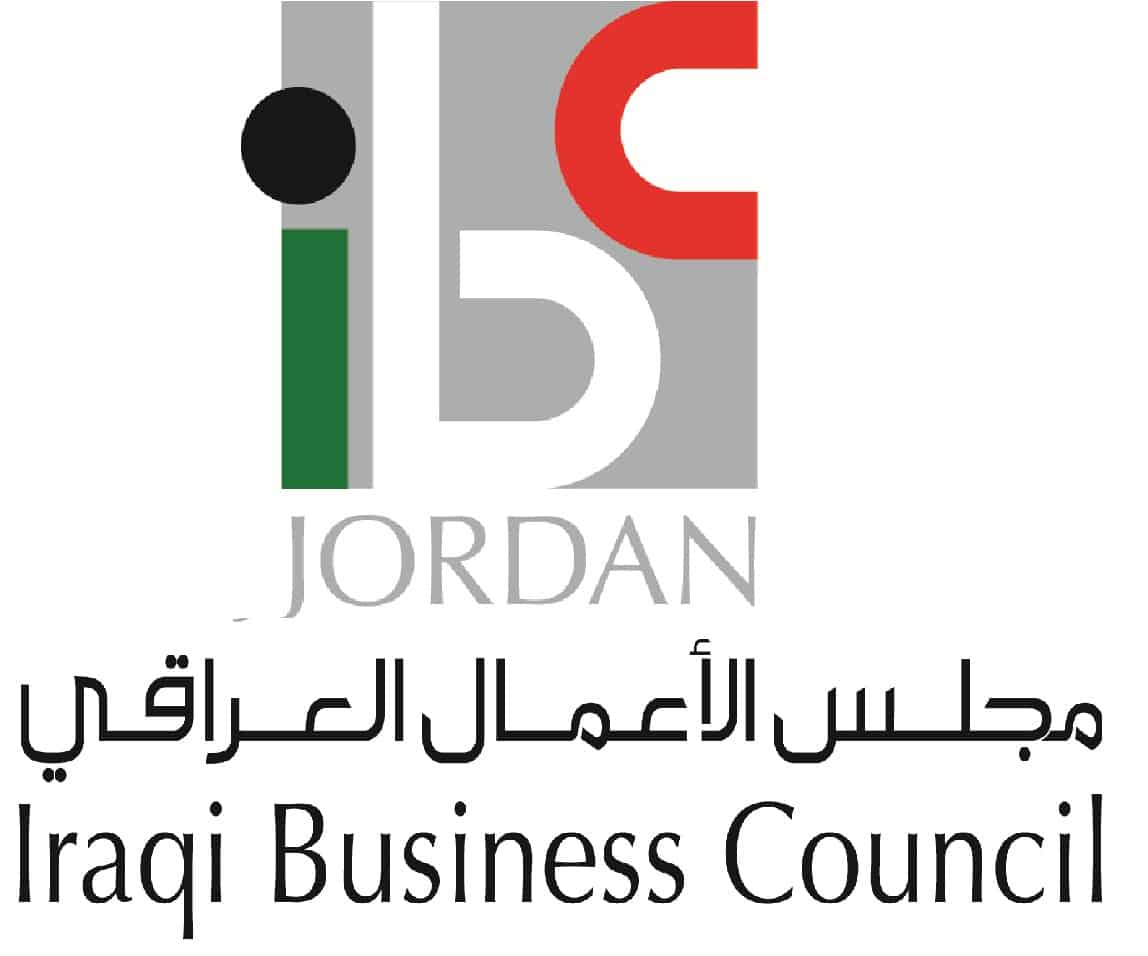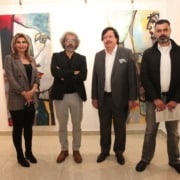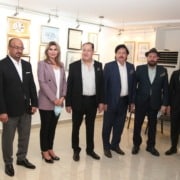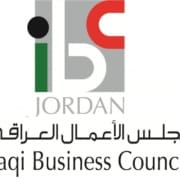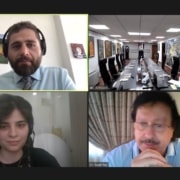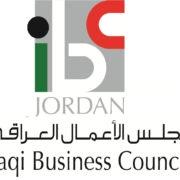Within the partnership between IBC and ILO in the “Transition from Informal to Formal Economy” Project in Iraq, IBC Deputy Chairman ad Secretary General Dr. Saad Naji, IBC Board member Mr. Mekki Al-Faiz, IBC member Engineer Turkey Al-Qaisi and IBC Director General participated with ILO in the special discussion session held on Wednesday April 7th 2021 via Zoom application.
At the beginning of the meeting, Dr. Saad Naji welcomed the participants and reviewed IBC programs in support of entrepreneurship including the “How to Start Your Business” Program launched by IBC in cooperation with the International Bank Group, which had a clear imprint in developing skills and human resources of the beneficiaries from this Program and directing them to building foundations of projects, in addition to IBC efforts to launch the pioneering incubator in Basra Governorate in cooperation with the United Nations Development Program (UNDP).
However, the Program’s failure to obtain the necessary support from the Iraqi government, due to bureaucratic complications, prevented its implementation.
Dr. Saad Naji also reviewed IBC partnership in the professional training programs for Iraqi refugees in cooperation with the International Relief & Development Organization to enable them to obtain jobs, stressing the need to develop long-term strategy for transition from informal to formal economy in Iraq, and the need to develop appropriate social protection legislations and laws, which are considered an important tool to transform informal labor to formal labor in Iraq.
For his part, ILO Expert Mr. Muhammad Al-Maayteh welcomed IBC members and Iraqi businessmen, stressing that IBC represents the elite active intellect of Iraqi businessmen and investors in the labor market, and that the transition from informal to formal economy in Iraq is an ambitious project, but is not an easy issue to implement.
The International Labor Organization aspires to lay the foundation for this Project, which would provide protection for workers and employers, pointing out to the desire and response of the Iraqi government to implement this Project.
Mr. Al-Maayteh also emphasized the strategic partnership with IBC in this Project within the national framework that will be launched in the near future, which will include professional unions and associations, in addition to the legislative bodies in Iraq.
During the session, Engineer Mekki Al-Faiz discussed the business environment in Iraq, stressing on non existence of unions or professional institutions that protect employers and oblige workers with productivity and work hours.
He also talked about hidden unemployment that is no longer limited to the public sector, but shifted also to the private sector, which led to the workers’ lack of commitment to fulfill their obligations.
Engineer Turkey Al-Qaisi also emphasized the absence of government support for the Iraqi youth in the field of employment, training and human resources development in a number of vital sectors that would build competencies and reduce unemployment in Iraq.
It is noteworthy that ILO works on the formation of a national team to develop a permanent strategy to shift from informal economy (informal economy includes all works that the individual practices which are not subject to any of the social protection laws) to formal economy according to the recommendation of ILO No. (204) that calls upon all member countries to design coherent and integrated strategies to facilitate the transition from informal to formal economy.
A number of United Nations agencies, representatives of the Iraqi government and civil society organizations will participate in developing the strategy.
